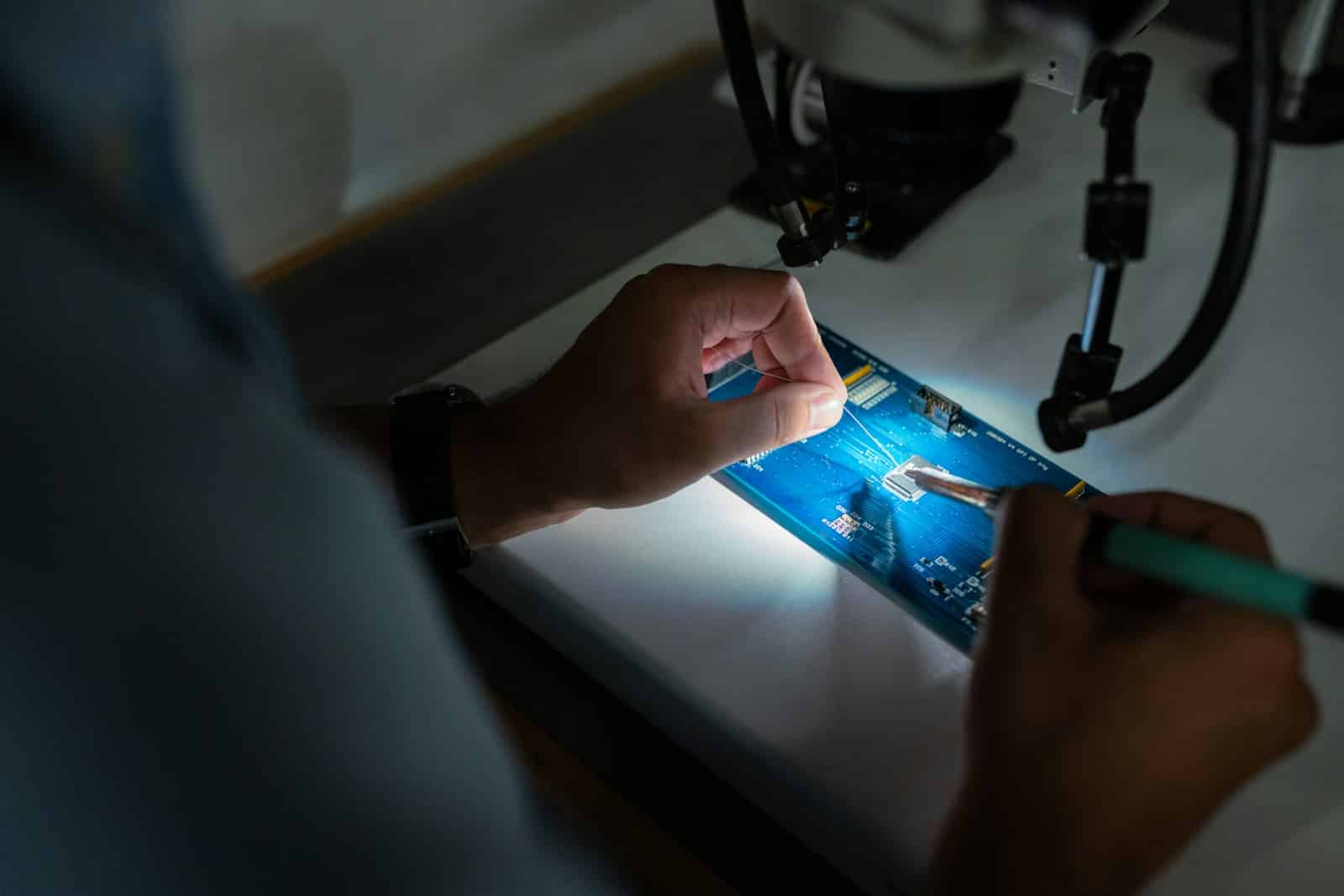Mobile technology and its impact on society

In the rapidly evolving world of the 21st century, the advent of mobile technology has left an indelible impression on society. Mobile phones, once regarded as luxurious devices, are now essential tools for communication, entertainment, and business. As smartphones become more sophisticated and accessible, their impact has permeated all aspects of our lives. From the way we communicate, to our social interactions, and even our business practices, mobile technology has revolutionized the way we operate.
The Evolution of Mobile Phones
The evolution of mobile phones over the years is nothing short of extraordinary. It all started with basic devices that could only make calls and send text messages. Today’s smartphones are powerful technological marvels, capable of performing tasks that were once reserved for computers.
En parallèle : Maximise the impact of your brand with chatbots on social networks
Modern smartphones are equipped with advanced technologies such as high-resolution cameras, GPS systems, and access to millions of apps through digital stores. Not only do these devices allow users to communicate, but they also provide access to a world of information and services at our fingertips. This evolution reflects the growth of technology and the increasing dependency of people on mobile devices. With each passing day, these devices become more integral in our lives, influencing our daily routines, work habits, and social interactions.
The Impact on Communication
Mobile technology has completely transformed the way people communicate. The days of letters and telegrams are long gone. Today, a smartphone enables instant communication through calls, text messages, emails, and social media platforms.
Sujet a lire : Educational technologies: the future of learning
This transformation has made communication easier and more convenient. No matter where you are in the world, you can instantly connect with anyone. It has also transcended time zones and geographical boundaries, bringing people closer together than they have ever been before. Furthermore, the emergence of emojis, GIFs, and stickers allows users to express themselves more creatively and personally.
However, the impact is not only limited to personal communication. Businesses have also leveraged this technology, using it to reach customers directly, respond to their queries in real time, and even conduct virtual meetings.
The Power of Social Media
The rise of mobile technology has seen a parallel growth in social media. Platforms like Facebook, Instagram, Twitter, and Snapchat have become an integral part of many people’s daily lives. These platforms allow users to share their lives with the world, stay connected with friends and family, and even keep abreast of global events.
For businesses, social media provides a potent marketing tool. Companies can engage directly with their customers, promote their products, and build their brand’s online presence. Moreover, these platforms offer businesses invaluable customer insights, which allow them to tailor their services to meet the needs and preferences of their target audience.
Mobile Technology in Business
The business world has arguably seen the most profound impact of mobile technology. Today, smartphones are not just communication devices; they are tools for business operations. From sending emails and managing schedules to conducting virtual meetings and accessing work-related apps, mobile phones have become indispensable business tools.
What’s more, mobile technology has fostered the growth of e-commerce. People can now shop from the comfort of their homes, compare prices, read reviews, and make informed buying decisions. For businesses, this opens up a whole new avenue for reaching customers and increasing sales.
The Social Impact of Mobile Technology
While mobile technology has numerous benefits, it also has its drawbacks. On the social front, the proliferation of mobile devices has led to what is often referred to as ‘screen addiction.’ People are spending more and more time on their phones, often at the expense of face-to-face social interactions.
Furthermore, the constant need to be online and connected can lead to stress and anxiety. Many people feel compelled to respond immediately to every notification, leading to a phenomenon known as ‘technostress.’
However, despite these challenges, it is undeniable that mobile technology has enriched our lives and society in many ways. It has made us more connected, more informed, and ultimately, more efficient in our daily tasks.
In conclusion, the impact of mobile technology on society is immense and far-reaching. As these technologies continue to evolve, they will continue to shape our lives and societal norms. What’s clear is that mobile technology is here to stay, and its influence on society will only grow stronger in the coming years.
The Potential of Mobile Technology in Emerging Markets
The influence of mobile technology is not limited to developed nations. In fact, the impact is arguably more profound in emerging markets. In these areas, access to traditional infrastructure like banking systems, healthcare facilities, and educational institutions can be limited. Mobile technology offers a solution to this by providing access to vital services, often leapfrogging traditional infrastructure.
For instance, in Africa, mobile banking has become a cornerstone of economic activity. Services like M-PESA in Kenya have allowed millions of people with no access to traditional banking to make financial transactions, thus stimulating economic growth. Similarly, in India, mobile technology is used to provide healthcare information to people in remote areas.
Furthermore, mobile technology also plays a critical role in education. In many of these markets, traditional education systems are strained due to population growth. Mobile devices provide an alternative by offering access to online learning resources and platforms.
However, the benefits of mobile technology in emerging markets are not without challenges. Issues such as lack of network coverage, electricity, and affordability can hinder the uptake of mobile devices. Nonetheless, the potential for positive impact is immense, underscoring the need for continued investment and development in this sector.
Negative Effects of Mobile Technology
While the benefits of mobile technology are clear, it also has its negative effects. One of the most notable is the issue of privacy. With the proliferation of apps and online services, mobile phone users are constantly sharing personal information. This data can be misused, leading to privacy breaches.
Additionally, the advent of smartphones and social media has given rise to issues like cyberbullying and online harassment. The anonymity provided by the internet can embolden people to engage in harmful behaviors, with serious consequences.
Another significant drawback is the impact on physical health. Prolonged use of mobile phones can lead to physical problems, including neck and back pain from poor posture and vision issues from screen exposure. Furthermore, there’s the issue of technostress, the stress or psychological illness caused by the use of technology.
Despite these negatives, it’s important to remember that the issue is not the technology itself, but rather how it’s used. By promoting responsible use, prioritizing privacy, and implementing regulations, many of these issues can be mitigated.
Conclusion
In essence, the impact of mobile technology on society is a double-edged sword. On the one hand, these devices offer incredible benefits, driving communication, social interaction, business operations, and even economic growth in emerging markets. On the other hand, they bring about significant challenges like privacy issues, cyberbullying, health impacts, and the risk of ‘screen addiction.’
While the negative effects are concerning, they should not overshadow the positive impact mobile technology has had on society. With responsible use and the right regulations, the benefits far outweigh the negatives. As we move forward, it’s clear that mobile technology will continue to play a pivotal role in shaping our society. The task at hand is to harness this power responsibly and ethically, ensuring that the benefits are maximized, while the negatives are minimized.
